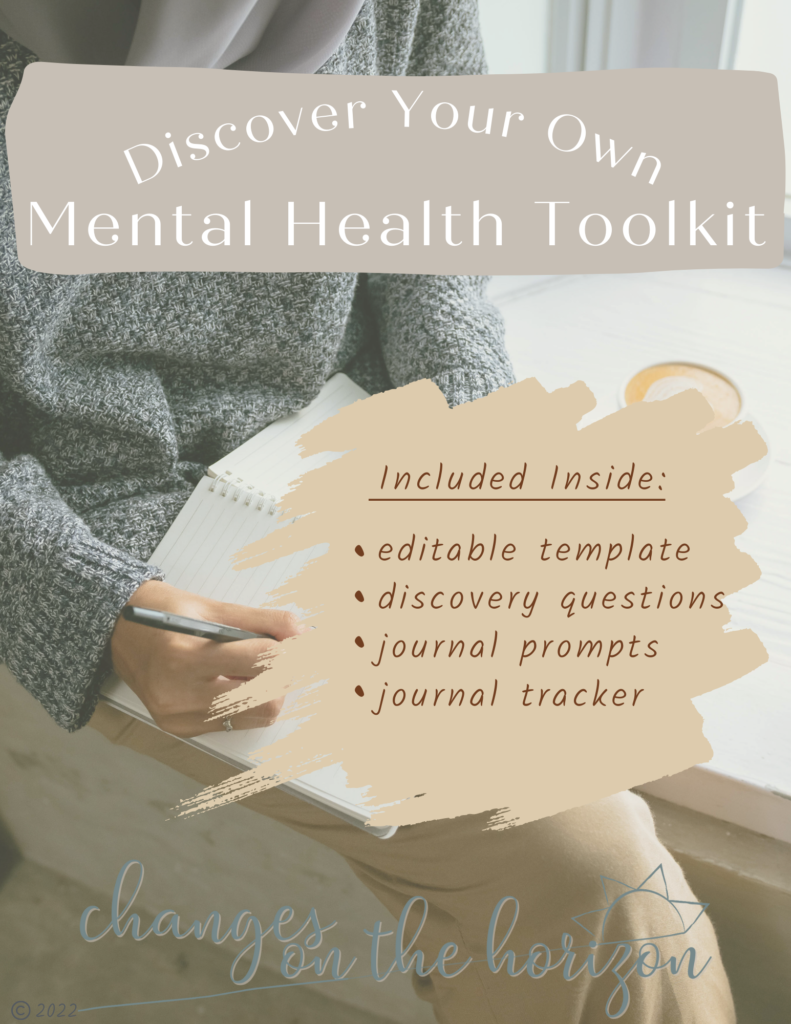I want to talk about comfort zones for a minute.
The whole purpose of your comfort zone is to keep you safe and alive.
Our primitive brain wants to make sure that we stay at homeostasis and within what we are familiar with.
Yay, body!
However, our comfort zones can lead to self-sabotaging behavior.
Have you ever tried to start a new habit?
It takes a while for you to really get in a rhythm and have it become a part of your routine. 21 days approximately, based on experts.
Even if you’re trying to implement a good habit, something that makes you feel better, your body and primitive brain are actively working against the change to keep you within your established comfort zone.
It all has to do with survival.
Your body is conditioned to do things a certain way. After all, you woke up this morning, so obviously what your body was able to accomplish yesterday worked.
Yay, body!
However, this part of our brain never evolved.
Our brain still thinks that we are forever on the brink of extinction and trying to survive.
Luckily, we are no longer living in the times of imminent death around every corner (even if the media tries to tell us so).
Modern society is designed to do everything to help keep us humans alive:
- food is manufactured/prepared and kept in stores
- water is readily available
- we wear protective clothing to shield our bodies from the elements
- our shelters are built to last and keep out predators
Our primitive brain doesn’t remember this though. Our primitive brain is always in a fight-or-flight mindset.
What if our comfort zone is toxic? What happens when we are uncomfortable in our comfort zones?
Well, you would think our primitive brain would do what it needs to do and change, right?
Not exactly.
See, you survived the day before in that toxic situation. Clearly, if you live life exactly like yesterday then your comfort zone and your body’s homeostasis needs are met.
Your primitive brain does not like to work with unknowns, they are too risky. It has no prior knowledge or examples of how it would go.
Will you succeed or fail?
With the possibility of failing, our comfort zones keep us from changing. It keeps us from our dreams & desires.
The good news is we can generate change in our lives. We don’t have to stay in our uncomfortable comfort zones. It’s just going to take a lot of conscious effort to challenge yourself.
You have to give yourself examples of success & survival when you’re in the process of making a change. Then, when you wake up the next day, you have given your primitive brain proof it can be done.
But once is not enough!
The first time you do something, the brain registers it as beginners luck. This is why many resources and experts online say that it takes 21 days to get your brain to believe your new actions are not flukes.
When journaling, I have found I’m able to have the greatest success at recognizing my uncomfortable comfort zones.
It brings me out of the running inner monologue filled with unrelated tangents and random thoughts to focus on what I am writing down.
During this time of reflection, I realize the vision I have of my dream life & where I see myself progressing, is not lining up with my everyday actions.
I crave change and a different life but my day-in-and-out routine, my comfort zone, and primitive brain are keeping me from those dreams.
I’ve noticed that when I regularly journal, I see the needle move easier towards my goals. I can keep myself accountable to myself. I’m not as easily persuaded to stay on the couch & scroll.
So what can you do if you find yourself in a similar situation?
We can train our primitive brain…or at least strengthen our conscious self to be more in control and proactive rather than reactive.
Start by asking yourself, “Why?”
Really challenge those thoughts and feelings that come up.
Dive deep into yourself and the limiting beliefs that are keeping you in the uncomfortable comfort zone.
And this is the important part:
Take small actionable steps.
Focus on one teeny tiny thing you can do tomorrow that pushes you out of your comfort zone to give yourself an example of success.
Then, repeat. Please please please, repeat. Once is not enough to create a habit.
If you really need some extra motivation, try to plan out a rewards system. Remember, it takes on average 21 days to create a new habit.
Keep them small and the action steps easy while building the habit. Then, after the 21 days, amplify them to get better results.
Feel free to readjust as the days move on.
I’m in your corner rooting for you!
Sending you love & support <3
Featured Image by Julian Bock on Unsplash






